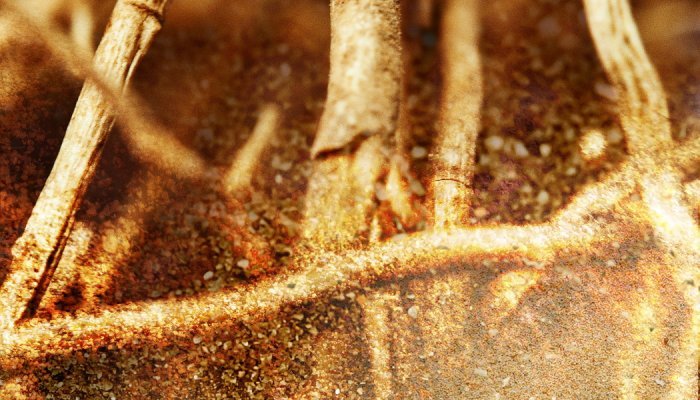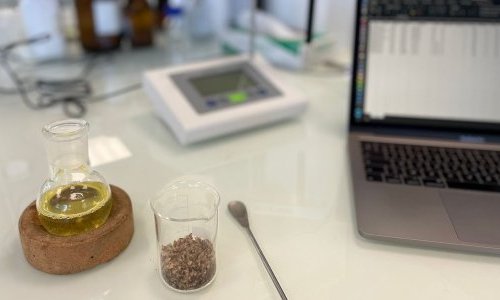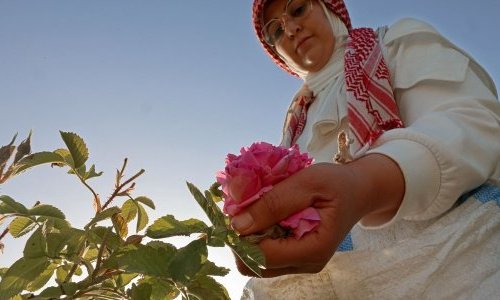Since 2018, Givaudan has been relying on the expertise of agronomists to reduce the ecological impact of its materials and fragrances. Upstream extraction techniques, plant cultivation methods are, indeed, essential means for the preservation of natural resources. The fragrance house is therefore considering the creation of alternative supply chains, thanks to regenerative and planet-friendly practices, in the image of its rosemary, patchouli and vetiver crops.
Enhancement of poor lands and additional sources of income
Vetiver, an age-old root, native to India, has crossed many borders, with 60% of production now coming from Haiti. Givaudan participated in vetiver cultivation program in India through an innovation partnership with Synthite. A new material, ethically sourced, by working alongside local partners and producers directly in the country of origin.
As most of arable land in India is used primarily for food crops, Givaudan has chosen unused arid lands to grow its vetiver. A strip of sand in south-eastern India, opposite Sri Lanka, was selected.
New olfactory facets
Although it is the same variety of vetiver as the one grown in Haiti, the new ingredient obtained presents other olfactory facets; a characteristic linked to the soil, to specific cultivation practices, but also to a shortened distillation process.
Where Haitian vetiver is very "nutty" and oily, Vetiver des Sables is more mineral. With its intense and soaring properties, this essential oil also features hints of ambergris and cypriol. It blends well with ambery woods that are very much in vogue at the moment. Sand vetiver and Haitian vetiver thus complement each other perfectly and find a place of their own in the perfumer’s palette.
With this new natural material, Givaudan demonstrates the worth of agronomy in preserving fragrance crops for the future. Taking an interest in soils offers a unique opportunity for achieving a triple purpose: olfactory, environmental and societal.





























